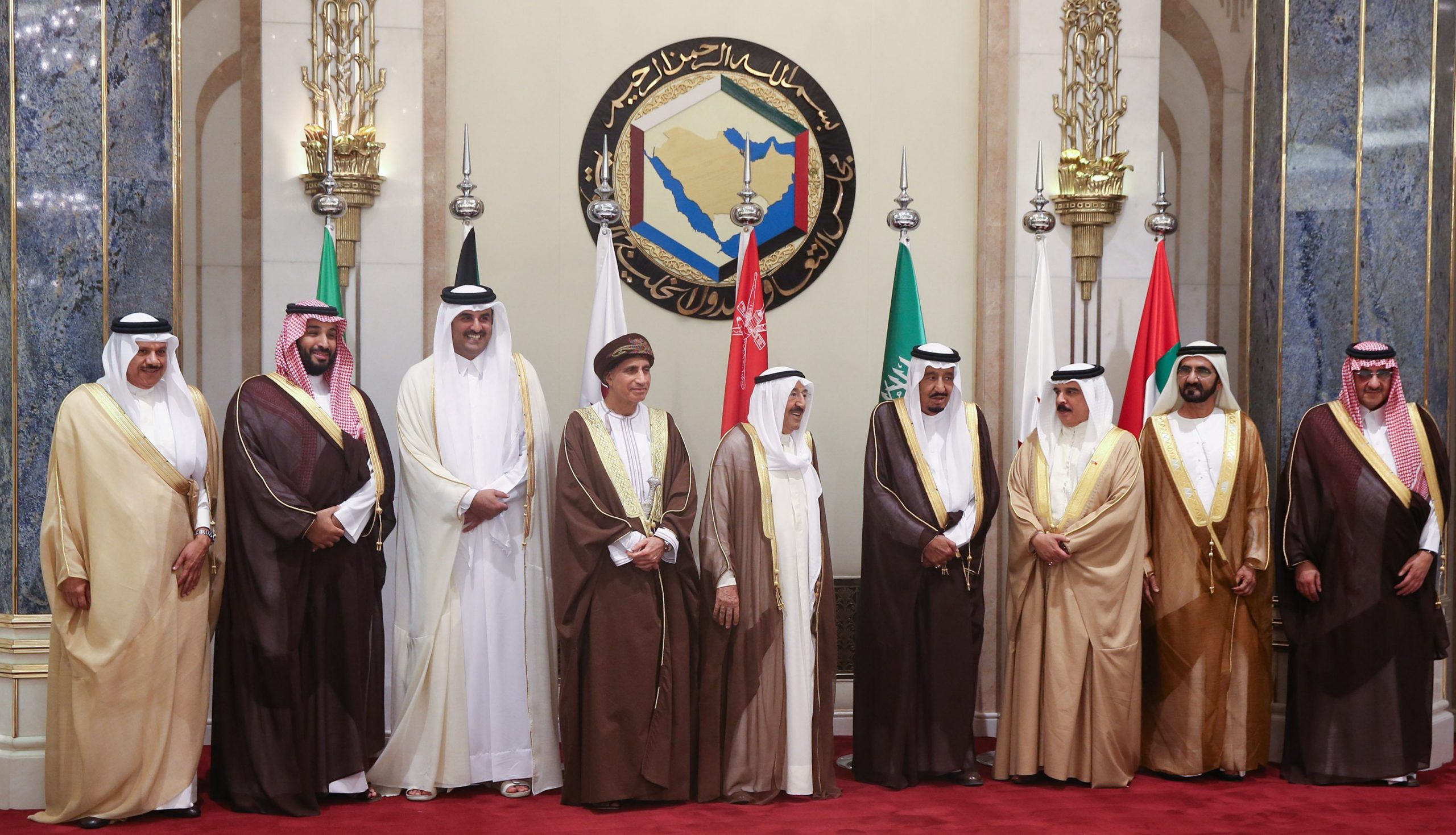With the latest developments signalling a breakthrough in the crisis, several countries have reacted positively, while others have remained noticeably quiet.
The messages coming from several countries in the GCC have been extremely positive over the past 24-hours since the announcement of an “historic” breakthrough in the three year-long dispute; with foreign ministers from Qatar, Kuwait and Saudi Arabia all welcoming the latest developments in the Gulf Crisis.
On Friday, Kuwait’s Minister of Foreign Affairs, Sheikh Ahmad Nasser Al Mohammad Al Sabah, announced that “fruitful discussions” to move towards resolving the GCC crisis have taken place in recent days.
The Kuwaiti official’s statement came after Qatar’s Foreign Minister, Sheikh Mohammed bin Abdulrahman Al Thani, confirmed earlier reports about the potential developments regarding the three-year-long dispute.
“We believe the end of the crisis is important for the security of the region and for the sake of our people. This crisis needs to end based on mutual respect and the rights of all people of the Gulf,” he said.
Saudi Arabia—which was one of the countries involved in the negotiations that were held on Tuesday and Wednesday—also came out with a statement thanking Kuwait, the key mediator throughout the feud, for their efforts.
“We consider with great appreciation the efforts made by the sisterly State of Kuwait to bridge the gap in viewpoints regarding the Gulf crisis, and we thank the American efforts in this regard, and we look forward to it being successful for the benefit and good of the region,” Saudi Arabia’s Foreign Minister Prince Faisal bin Farhan tweeted on Friday.
Despite Ankara’s rivalry with Riyadh and Abu Dhabi, Turkey’s foreign ministry welcomed the recent developments, emphasising its desire to ensure security and unity within the region.
Read also: BREAKING: Qatar confirms ‘movement to end’ GCC crisis
Despite Saudi Arabia, which led the blockade together with the UAE in 2017, welcoming the breakthrough, other countries still have not commented.
Since the announcements, nothing was heard from the other blockading counties, namely Egypt, the UAE, and Bahrain. Their silence is noticeable especially because several other countries in the region have expressed their welcoming of a potential deal.
Oman
Oman, a country that refused to participate in the blockade, said that it welcomed Kuwait’s statement regarding the GCC crisis.
Jordan
Kuwaiti media reported that Amman has also welcomed the developments in the regional feud.
According to Kuwait news, Jordan’s minister of foreign affairs, Ayman Al Safadi, said that the recent move “serves the aspirations of the people of the Gulf region for growth and prosperity. Al Safadi added that it contributes to “promoting and ensuring regional security and unity in facing common challenges”.
The Jordanian minister also thanked Washington’s efforts in resolving the crisis, adding that the GCC region’s stability also serves the entire Arab world’s interest.
Iran
The Foreign Minister of the Islamic Republic of Iran, Javad Zarif, tweeted that his country welcomed the “understandings in the Persian Gulf announced by Kuwait”.
“Iran’s longstanding policy is diplomacy, good neighborly relations & regional dialogue. We hope reconciliation contributes to stability and political & economic development for all peoples of our region,” said Zarif in a tweet.
Palestine
Palestinian news outlet, Dunya Al Watan, reported that Hussein Al-Sheikh, Head of the General Authority of Civil Affairs at the Palestinian Authority, also joined in applauding the new, potential development in the crisis.
“The #Palestinian leadership welcomes any Arab-Arab rapprochement and the rejection of differences, because we believe that the #Arab position’s unity will serve the Palestinian cause and the causes of our Arab nation,” said Al-Sheikh in a tweet on Thursday.
Germany
Berlin was already supporting the efforts to find a solution to the crisis, ever since the announcement of White House Advisor, Jared Kushner’s, visit to Qatar and Saudi to resolve the crisis.
Al Jazeera reported in November that the German Ministry of Foreign Affairs called for resolving the Gulf rift and welcomed the US’ mediating efforts to settle the dispute.
According to a spokeswoman from the German foreign ministry, the Gulf crisis has been burdening the region for the past three years, and there is a need for cooperation between all Arab countries.
Read also: BREAKING: Kuwait says GCC crisis close to being solved
As questions regarding the other blockading countries’ positions arise amid their silence, all Gulf member states are expected to meet soon for the 41st GCC Summit. Its location is still not confirmed and analysts are waiting to see if each country will be represented by its head of state – something that hasn’t happened since before the crisis began.
Read also: Kushner meets Amir Tamim following Riyadh visit in efforts to end GCC crisis
The recent breakthrough is seen as an outcome of Senior White House advisor and US President Donald Trump’s son in-law Jared Kushner’s recent mediating visits to Qatar and Saudi Arabia this week.
On Wednesday, Kushner met with Qatar’s Amir Tamim bin Hamad Al Thani in Doha following talks with Saudi Crown Prince Mohammed bin Salman in Neom the day before.
According to news reports, the recent developments involve the imminent opening up of Saudi airspace to Qatari planes, and the reopening of the land broder between the two countries.
The Gulf crisis erupted in 2017, when Saudi Arabia, UAE, Bahrain and Egypt severed ties with Qatar, ordering an illegal land, air and sea blockade.
Follow Doha News on Twitter, Instagram, Facebook and Youtube







